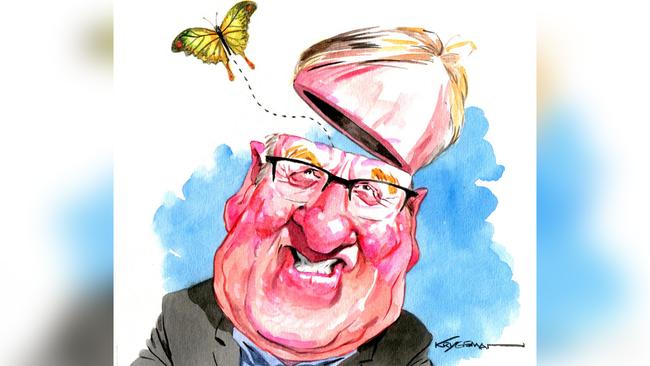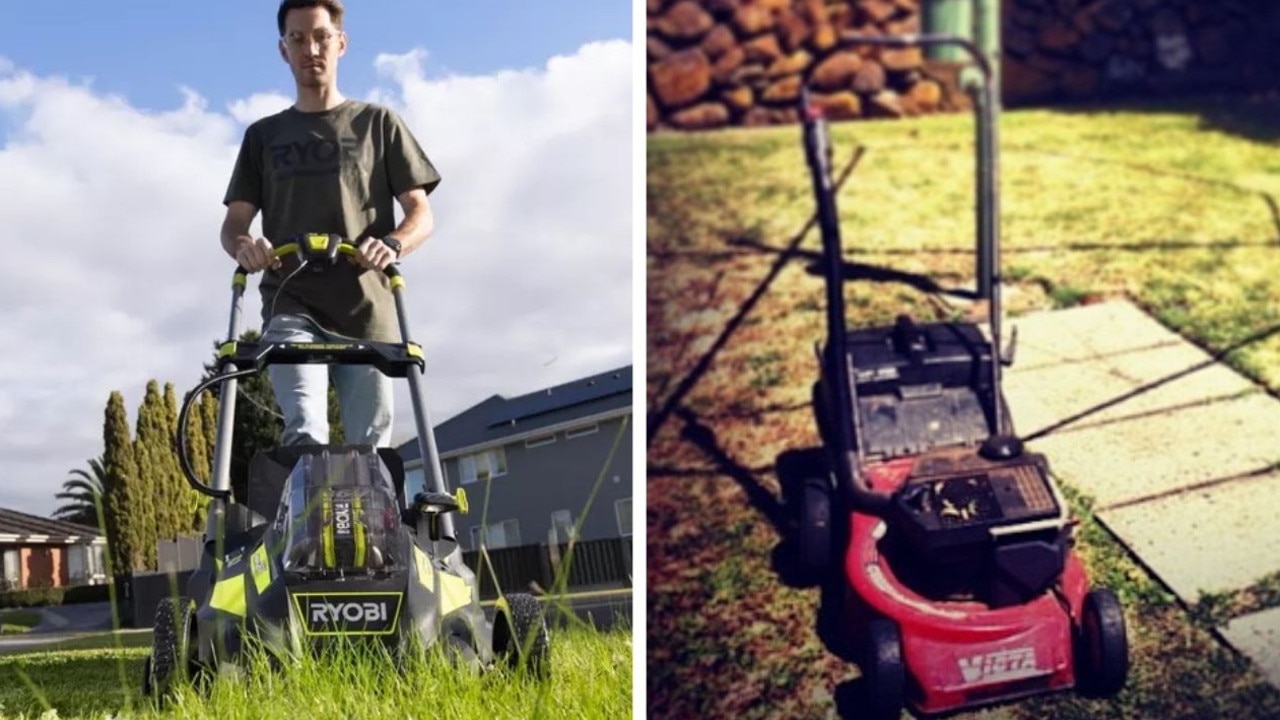
Judo Bank founder Joseph Healy will next year open his first mental health clinic in Sydney, providing a one-stop shop for patients to access different specialist branches of the industry.
The aim is a classic roll-up where clinicians will sell their practice into a company in return for equity, with the company handling the admin and related functions.
Healy is a renaissance man, having stepped down from Judo bank this year, eight years after establishing the small business bank and a long career in banking, most recently as head of NAB’s business bank.
Next year he will also publish a book, posing the question “What would Adam Smith think of Modern Australia?” – to which the answer is not much.
Healy argues there is too much focus on economic growth and not society wellbeing, too much inequality, the collapse of communities, too much cronyism in business and industry consolidation, not enough competition, the invisible hand of self-interest, and on the list goes.
After leaving NAB and before establishing Judo, Healy took himself to China in 2015 to study contemporary China studies and in his last two years at Judo completed a masters degree in psychology and neuroscience from Kings College Cambridge.
The mental health centres are aimed at filling a gap in the market. Healey has a firm view that the professionals are too trigger happy when it comes to medication as a solution. He believes other solutions are there but are maybe harder to arrange.
His mental health centres are initially aimed for Sydney and Melbourne, with the first in Sydney in the second half of next year.
The 62-year-old lost a 24-year-old son a couple of years back, which in part explains his concern at the failings in the mental health system.
His work has included some time with the folk from Monash Uni, who among other issues are establishing courses to focus on mental illness in the workplace.
Just as Healy was driven to start a specialist small business bank to overcome the big bank focus on housing loans, these concerns have driven him to try to address some gaps in the mental health system.
Banking on changes
Two of the four big banks are now run by former business bankers, with Anthony Miller taking over at Westpac and Andy Irvine running NAB.
Shayne Elliott at ANZ is by now surely in his final days as banking industry doyen and a former institutional banker and CFO. His has a ready list of internal candidates including Kiwi boss Antonia Watson, retail boss Maile Carnegie and, albeit with declining chances in the wake of the trading scandal, Mark Whelan.
Since regulations were tightened in 2006 with risk weighting discounts for home loans the big banks chasing higher equity returns naturally enough transformed themselves into glorified building societies.
The accompanying table thanks to KPMG shows in the past five years (excluding institutional division earnings) better margins from business banking means that while they are writing fewer loans they are high-margin ones.
NAB’s franchise in built on its business bank which CBA is chasing hard to unseat, so Irvine’s appointment is understandable, but in the case of Miller it is more of a case of a highly regarded and well-credentialed leader.
Does this still mean business bankers are in favour? In part yes, as evidenced by the competitive market attracting talent such as CBA’s Mike Vacy-Lyle and a push by the big banks away from home loans. There is after all a limit to how much housing debt Australians can hold.
Vacy-Lyle has also demonstrated the ability to make more money from his customer-focused business bank, which has increased profits from $2.7bn in 2019 or 31 per cent of group profits to $3.8bn or 38 per cent this year.
Westpac has long had retail strength, but with foreigners not interested in the circa $5m a year on offer to run a big Australian bank (UK bankers earn twice as much and US bankers multiples more), internal candidates won out.
Australia has the disadvantage of excessive regulations compared with international banks and the fact is Australia is actually a net exporter of banking talent.
Westpac’s Jason Yetton was again a bridesmaid and must be wondering where to go next.
Digital reforms delay
After a European trip in June, ACCC boss Gina Cass-Gottlieb was travelling again last week, presenting at the Georgetown Uni antitrust enforcement symposium and the Fordham Law School annual antitrust conference.
When meeting with her international comrades she explains why, despite the big talk, her political masters are still to decide on her recommendations on digital platform enforcement measures, handed to the Treasurer in June 2022 before he handed them on to the Minister for Consultations Stephen Jones (aka reform death knell) last December for a potential decision by the year end.
This makes legislation on the initiatives approved by the Treasurer in principle last December by the time of the election next May problematic.
Decision backed
Outgoing ASX chair Damian Roche finally found a credible well-credentialed replacement in David Clarke.
The decision was backed by John Pearce at UniSuper and Shaun Manuell at Australian-Super, who between them control 20 per cent of the technology-challenged monopoly.
The two combined last year to defeat Roche’s remuneration report which shows the super funds are prepared to throw their weight around as AustralianSuper did when Brookfield attempted to steal Origin.
Some activists would like to hear more from the industry funds who are the biggest providers of corporate capital in Australia, but right now the funds would prefer to do most of their talking behind closed doors.
Ready for hydrogen
GE Vernova’s Jeff Goldmeer presented at this week’s Hydrogen Summit in Brisbane and in an interview with The Weekend Australian urged patience.
Prevailing wisdom now says hydrogen will come later rather than sooner for cost and logistic reasons which Goldmeer does not dispute, arguing a newborn child takes a bit of training and time before it can run a marathon.
The game now is to prepare the technology to be ready to make use of hydrogen when the cost gap narrows.
This is happening with its CS Energy Brigalow peaking gas-fired power plant and the Energy Australia Tallawarra plant in Wollongong.
Both plants are hydrogen ready – just waiting for the day hydrogen makes sense.
For most this means when the federal government is ready to fork out the cash, as is the case with the Orica-Origin plant at Kooragang Island in Newcastle which is a step ahead of most because it has a natural buyer for the hydrogen-based ammonia with Orica a prime user for explosives.
Wind, sun and space remain Australia’s clear comparative advantage.
GE Vernova is a big supplier of renewable energy equipment from hydrogen to wind turbines and the way Goldmeer, the energy transition technologies transition boss, sees it you can’t change centuries old practices in a day. The company provides holistic solutions to cover the transition and he like everyone would like the answer sooner rather than later.



